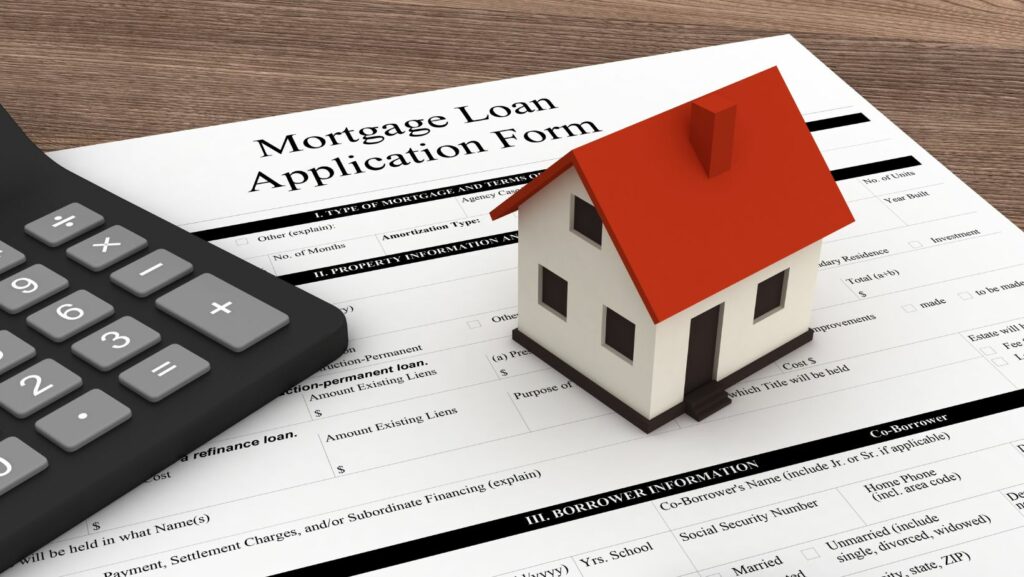
When you buy a home, you usually get a mortgage to finance the purchase. A home mortgage is usually borrowed for a long period of time, typically 15 or 30 years. The interest you pay on your mortgage is usually tax deductible. This means that you can deduct the interest you pay on your mortgage from your taxes. This can save you a lot of money every year.
The Tax Benefits of a Home Mortgage
A home mortgage is usually borrowed for a long period of time, typically 15 to 30 years. The longer the term of the loan, the lower the monthly payments. But there are other benefits to taking out a home mortgage, including the tax benefits.
The Interest Deduction
The interest deduction is probably the best-known tax break for homeowners, and it’s also the most valuable. Technically, it’s not just for mortgages – you can deduct the interest you pay on any “qualified loan secured by your main home or a second home.” But in practice, very few people use this deduction for anything other than their mortgage.
The Property Tax Deduction
The property tax deduction is one of the most popular deductions for homeowners. It allows you to deduct the amount you paid in property taxes from your taxable income. This can save you a significant amount of money if you’re in a high tax bracket.

To qualify for the deduction, you must itemize your deductions on your tax return. This means you can’t take the standard deduction. The standard deduction is a fixed amount that you can deduct from your taxable income, regardless of your actual expenses. For 2019, the standard deduction is $12,200 for single filers and $24,400 for married couples filing jointly.
The property tax deduction is capped at $10,000 ($5,000 if you’re married and filing separately). This means that if you paid more than $10,000 in property taxes last year, you can only deduct $10,000 from your taxable income.
The PMI deduction
If you bought a home last year (or plan to buy one this year), you may be able to deduct the cost of your private mortgage insurance (PMI). The deduction is available for both new and existing homes, but it’s only available for loans with PMI that were taken out after Jan. 1, 2007.
To qualify for the deduction, your loan must be secured by your main home or a second home — investment properties don’t qualify. In addition, your mortgage must be “conventional” — that is, not insured by the government (such as FHA or VA loans). And finally, you can only deduct the amount of PMI that you actually paid during the tax year.
If you meet all of these requirements, you can claim the deduction on Form 1040, Line 13. The amount of PMI that you can deduct is limited to the lesser of:
-1% of the loan amount, or
-$1,000
How to Maximize The Tax Benefits of a Home Mortgage
A home mortgage loan is usually borrowed for a long period of time, such as 15 or 30 years. The interest paid on a home mortgage loan is usually tax deductible. This means that you can lower your taxable income by the amount of interest you pay on your home mortgage loan.
Itemize Your Deductions
When you itemize your deductions on your tax return, you can deduct the interest you pay on your mortgage as well as any points you paid to get the mortgage. You can also deduct your property taxes and, in some cases, the cost of private mortgage insurance (PMI).
Choose The Right Mortgage Term
The typical American mortgage is a 30-year fixed-rate loan, which gives you plenty of time to pay down your debt. But if you want to maximize the tax benefits of your mortgage, you might want to consider a shorter-term loan.

Mortgage interest is tax-deductible, so the longer your loan term, the more interest you’ll pay and the more tax deductions you’ll rack up. But remember, a shorter loan term will also mean higher monthly payments.
You’ll need to weigh the pros and cons of a shorter-term mortgage to decide if it’s the right choice for you. But if you’re looking for ways to maximize the tax benefits of your home loan, a shorter term could be the way to go.
Refinance to a Lower Rate
When you refinance your mortgage to a lower interest rate, you’ll usually be able to lower your monthly payments. This can free up some extra money each month, which you can then use to pay down your principal balance more quickly. As a result, you could pay off your mortgage sooner and save money on interest over the life of the loan.
Conclusion
A home mortgage is usually borrowed for a period of 15 to 30 years, and most people make monthly payments during this time. The interest you pay on your mortgage each year is usually tax-deductible, which can save you a significant amount of money over the life of the loan. In addition, the money you borrow against your home equity (the portion of your home that you own outright) can also be used for other purposes, such as home improvements or debt consolidation.




